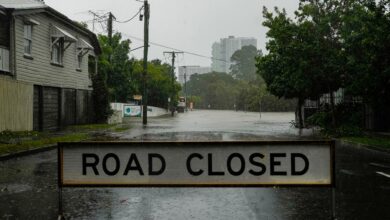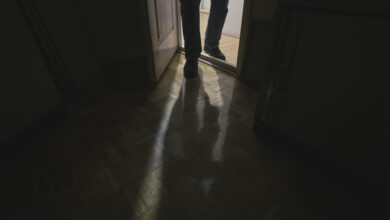Information gap for bottle feeding mums identified
Negative attitudes to bottle feeding may be contributing to a lack of information for mums.
Mothers who choose to bottle feed their babies lack adequate education in hospital, research suggests.
While breastfeeding mothers tend to be given ample information, Lisa Wirihana, a lecturer in nursing and midwifery from the Queensland University of Technology, said there was an information gap for bottle feeding mums.
All of the women in the small qualitative study said they had experienced a lack of post-natal education regarding bottle feeding and little or no opportunity to practice making up a bottle, Wirihana said.
"In most cases the bottle feeding education received in hospital by the women who took part in my study came in the form of a pamphlet or book they were advised to read."
"Teaching mums the correct way to prepare and store infant formula is vital to avoid babies having adverse outcomes such as bacterial infections, diarrhoea, hypernatraemia and under nutrition," she said.
However, Wirihana said it was possible that the women's assumptions about how health care professionals, as well as society, viewed bottle feeding played a role in the level of education they received.
"Some women in the study felt uncomfortable asking for help. They felt that others assumed bottle feeding was easy and that the mothers should already know how to do it."
For a variety of reasons, approximately one in five women bottle fed at the time of discharge from hospital.
"By six months of age up to 82 per cent of babies are not fully breastfed," she said.
Wirihana said there was very little research into the education and support of women who chose to bottle feed.
"It is vital that these women get the same level of education and feel they are as supported in their choice of feeding their babies as breastfeeding mums."
Email: [email protected]





